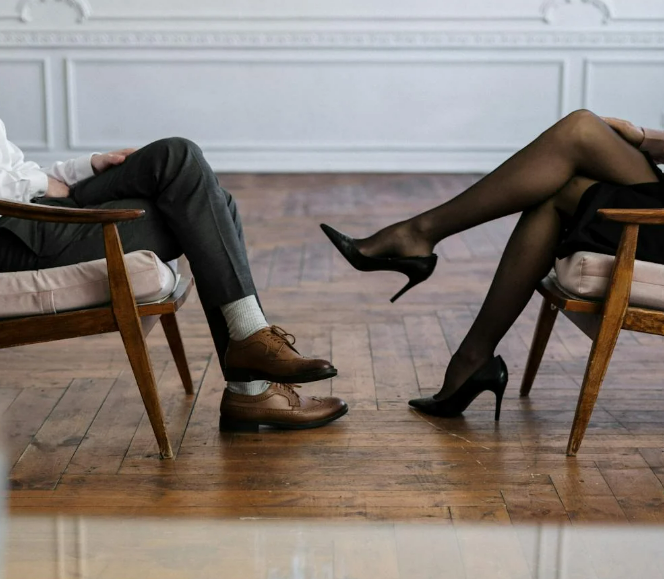For centuries, both women and men have inherited deep wounds from systems rooted in domination, control, and fear.
These wounds, though carried differently in the body and psyche, shape how we love, relate, create, and respond to one another—and to the world. But when we trace these fractures back through history, we find that the collective pain of women has often been invisibilized, minimized, or rewritten entirely.
The Wounding of Women: Centuries of Control, Shame, and Erasure
Women’s generational trauma is not metaphorical. It is documented in blood, chains, fire, and silence.
For millennia, women have been systematically disempowered and brutalized under patriarchal rule. From the burning times to the boardrooms, from the scold’s bridle to the sanitized diagnosis of “hysteria,” the feminine has been punished for her voice, her power, her intuition, her pleasure, and her refusal to submit.
Witch hunts across Europe and colonial America murdered hundreds of thousands of women—midwives, herbalists, spiritual leaders, elders, sexually liberated women, and simply women who defied the social norms. Tortured and burned at the stake, they became symbols of what happens when a woman stands in her truth.
Scold’s bridles—iron muzzles placed over a woman’s mouth—were not myths but tools of public humiliation, used to silence women deemed “too talkative,” “unruly,” or “disobedient.” The message was clear: a woman who speaks her mind is a threat.
Shaming of female desire—labeling women who enjoy sex as impure or dangerous—was a tactic to strip women of autonomy over their bodies. Female pleasure, which once sat at the heart of ancient goddess-worshipping societies, was rebranded as sin.
Discrediting women’s intelligence—through banning them from schools, science, leadership, and sacred rites—ensured generations of women were seen as property, not partners. Even today, women are underpaid, underestimated, and overlooked.
The legacy of this violence is not just physical. It’s woven into our epigenetics. It lives in the anxiety women feel about speaking too loudly, dressing too boldly, or trusting their own intuition. It’s in the shrinking. The people-pleasing. The perfectionism. The fear of being “too much.”
The Wounding of Men: Emotional Suppression and the Weaponization of Power
But patriarchy hasn’t just wounded women—it has deeply wounded men.
Boys are often taught from a young age that tears are weakness, vulnerability is shameful, and emotional expression is dangerous. They are taught to harden, to dominate, to protect or provide—but rarely to feel, to grieve, or to ask for help.
This creates emotional repression, isolation, and identity crises—especially for those who cannot or do not conform to narrow ideals of masculinity.
While men have historically held more power in public life, many have been cut off from their emotional and spiritual depths. They’ve inherited the pressure to perform, conquer, or control, often never learning how to authentically connect with themselves or others.
The result? A legacy of harm that cycles outward. Wounded men, disconnected from their own hearts, become both victims and perpetrators of violence. This doesn’t excuse the harm—but it helps explain it.
The Core Contrast: Women Were Controlled Through Silencing and Shame—Men Were Controlled Through Emotional Exile
>> Women were silenced. Their voices, intuition, wisdom, and sexuality were punished or pathologized.
>> Men were emotionally exiled. Their softness, sensitivity, and relational intelligence were buried under armor.
One was made small to survive.
The other was made hard to survive.
The result is a culture where disconnection reigns.
Where love becomes transactional, pleasure becomes taboo, and power becomes a weapon instead of a gift.
Reckoning and Reclamation: Healing the Collective Field
The path forward requires us to witness all of it—not to compare suffering but to understand the patterns that continue to operate beneath the surface.
Women are rising—reclaiming their voices, their sensuality, their sovereignty.
But to truly heal, we must make space for men to unravel too—to unlearn domination and rediscover softness without shame.
This is not about reversing roles of dominance and submission.
It is about returning to wholeness.
It is about:
>> Honoring the grief that lives in our lineages.
>> Listening to the untold stories in our bones.
>> Creating spaces for truth-telling, remembrance, and reconnection.
Because we were never meant to oppress or compete.
We were meant to dance together—in balance, in reverence, and in sacred reciprocity.
May the women remember their wildness.
May the men remember their tenderness.
May we walk each other home—whole and free.
~


 Share on bsky
Share on bsky




Read 1 comment and reply